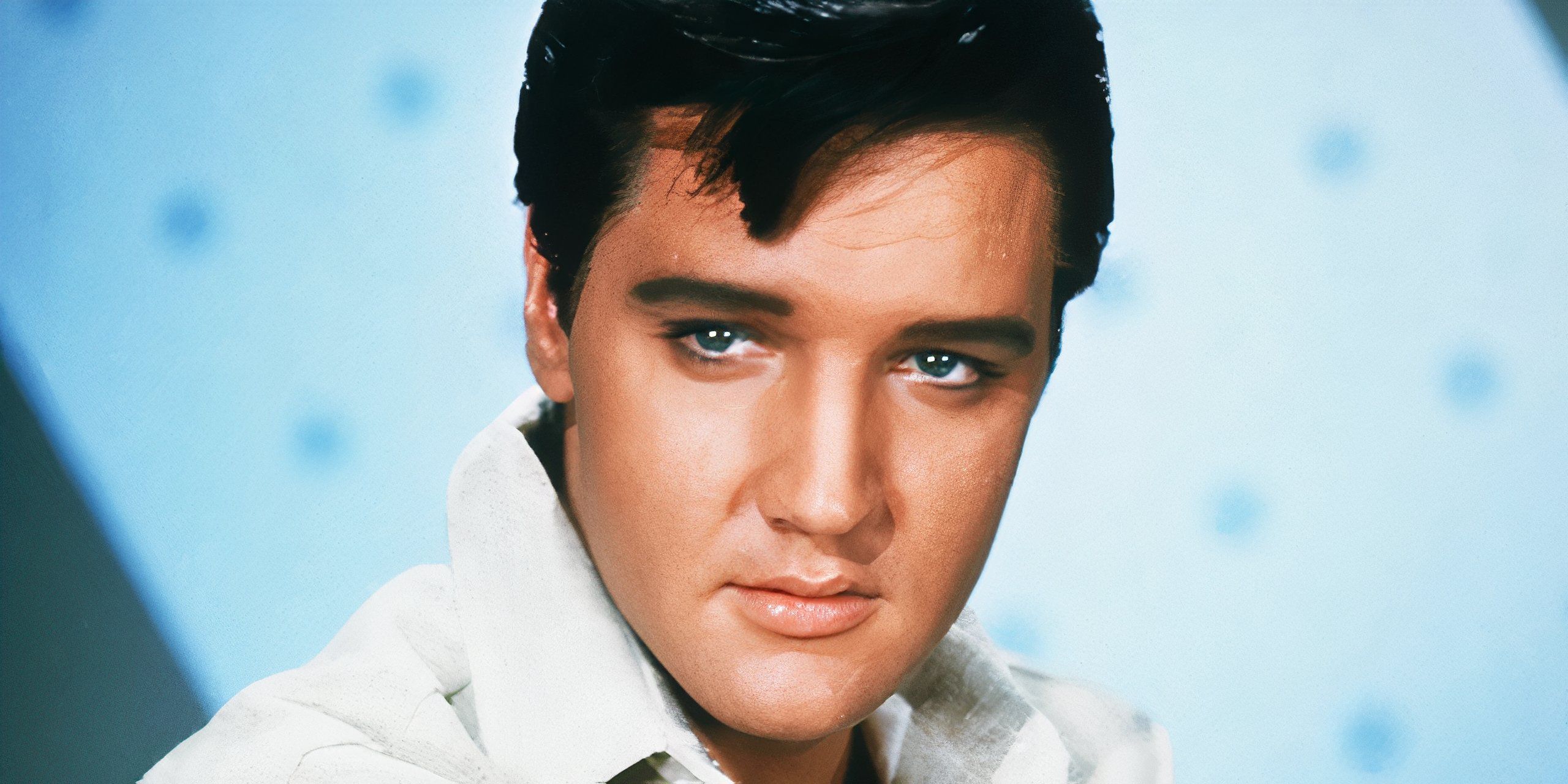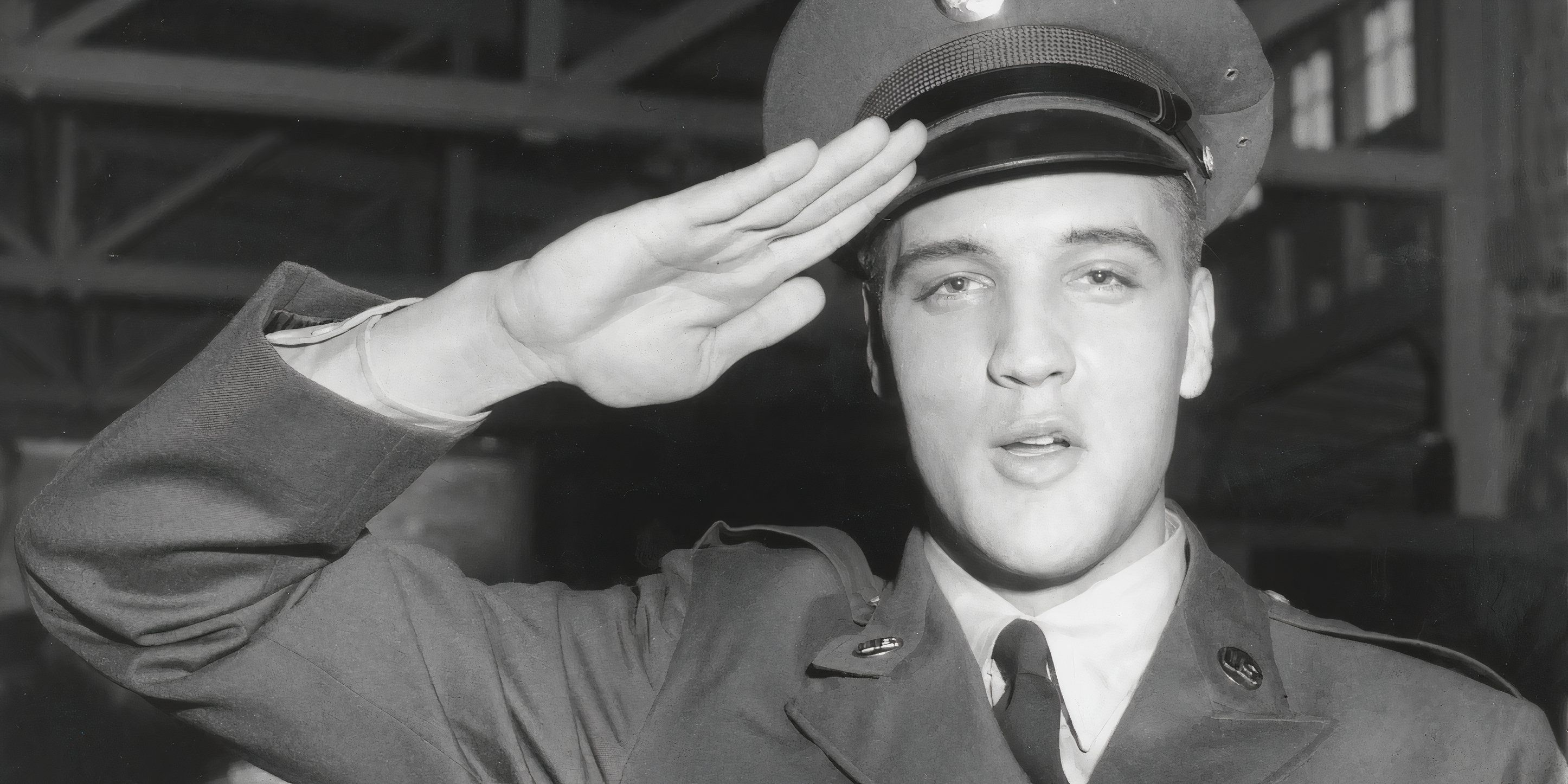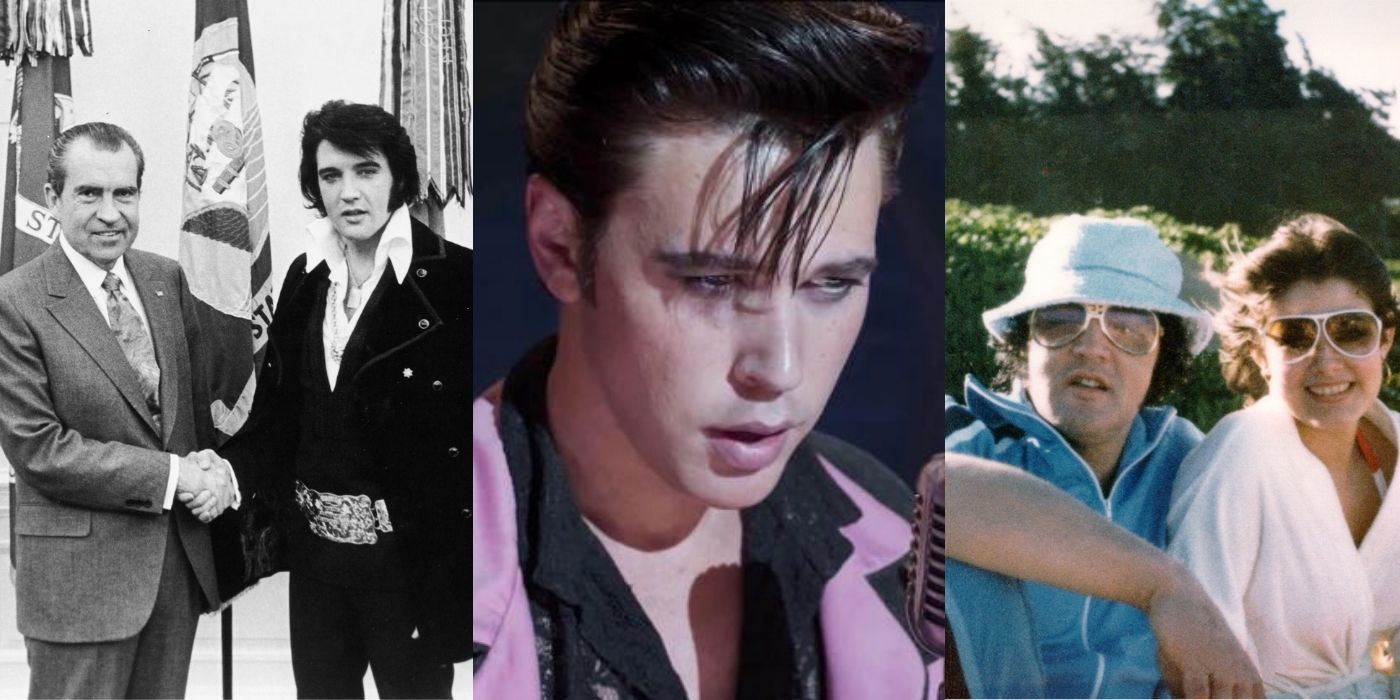
Career Revival Explained: Understanding Life and Death
Netflix’s compelling new documentary Return of the King: The Fall and Rise of Elvis Presley takes an in-depth look at a pivotal moment in Elvis Presley’s career, highlighting the challenges he faced during a transformative period. In 1961, he transitioned from being a celebrated singer to a film star, largely due to the influence of his powerful manager, Colonel Tom Parker. However, as the years progressed, Presley became increasingly disenchanted with his film roles, which he found to be superficial and lacking authenticity. In 1968, Parker orchestrated a crucial comeback television special to re-establish Elvis’s connection with his live audience. This documentary meticulously chronicles the behind-the-scenes creation of Presley’s iconic 1968 Comeback Special.
The stakes for Presley during this time were monumental. While he was serving in the U.S. Army, the music industry underwent a radical transformation, largely driven by bands like The Beatles and The Rolling Stones. Furthermore, a new wave of socially conscious music, spearheaded by artists such as Bob Dylan, began to reshape public sentiment and challenge the status quo. As a result, Presley’s earlier style—characterized by catchy pop tunes and increasingly uninspired acting—started to feel outdated and over-commercialized. In Return of the King: The Fall and Rise of Elvis Presley, his former wife Priscilla Presley reflects on this turbulent time, stating: “He was aware of the stakes. This could be it.” Fortunately for Elvis, his electrifying performance during the TV special revitalized his career and changed the trajectory of his life.
How Elvis Presley’s 1968 Comeback Special Revitalized His Music Career
The Special Marked Elvis’s Triumphant Return To The Stage
In the 1968 Comeback Special, director Steve Binder recounts how he witnessed Presley jamming with his original band, The Blue Moon Boys, in a spontaneous and heartfelt session backstage. This experience inspired Binder to approach Parker with the idea of capturing these raw moments on film. Initially resistant, Parker famously declared, “Over my dead body,” as he had planned for a series of scripted musical skits. However, he eventually conceded, leading to the unforgettable, unscripted performances that showcased Presley’s natural talent and charisma. The joyous, instinctive songs performed with the band became the highlight of the show. Bruce Springsteen, who appears in the documentary, describes these moments as nothing short of revolutionary: “It’s just a musical revelation. That was the re-birthing of Elvis Presley,” he notes.
While Parker’s vision for the ‘68 Special included some cheesy skits peppered throughout the show, it was the unleashed version of Elvis that ultimately captured the audience’s hearts and made the broadcast a phenomenal success.
As Return of the King: The Fall and Rise of Elvis Presley unfolds, it becomes clear that by the end of the special, Presley is at the pinnacle of his artistic abilities. At just 33 years old, he exudes a captivating presence, complete with his iconic leather jacket and striking jet-black hair, moving across the stage with the grace of a powerful feline. In the documentary, Priscilla recalls, “He was like a tiger. It was like a reincarnation.” Free from the constraints imposed by Parker, Presley’s performances were electric and full of life. Despite Parker’s insistence on incorporating humorous skits into the show, it was Elvis’s unfiltered performances that solidified the special’s status as a groundbreaking triumph.
Unraveling Elvis & Priscilla’s Complex Separation
The Intricate Dynamics of Elvis and Priscilla’s Relationship
While the 1968 Comeback Special signified a renaissance in Presley’s professional life, it also heralded significant changes in his personal life. His relationship with Priscilla was inherently complicated from the start. The couple met in 1959 when Priscilla was just 14 years old and Elvis was a 24-year-old soldier stationed in Germany. After much persuasion, Priscilla’s parents allowed her to move into Graceland in May 1963, leading to their marriage four years later. However, the substantial age difference always raised eyebrows. Their daughter, Lisa Marie, was conceived on their wedding night, as Priscilla reveals in Return of the King: The Fall and Rise of Elvis Presley.
As Elvis’s career flourished, the strains in their relationship began to surface, exacerbated by his frequent infidelities and the overwhelming nature of his fame. During his lengthy residency in Las Vegas, Elvis and Priscilla found themselves increasingly apart, which took a toll on their marriage. Priscilla, who had little interest in the lavish lifestyle associated with being Elvis’s wife, ultimately led to their official divorce on October 9, 1973. Despite their separation, they managed to maintain a close relationship as co-parents to Lisa Marie. Even after their divorce, Priscilla remained a significant presence in Elvis’s life until his untimely death in 1977, playing a crucial role in safeguarding his legacy.
Understanding Elvis’s Health Struggles and Drug Dependency
The Rise of Elvis’s Addiction to Medications and Drugs
Following his divorce, Elvis found himself increasingly isolated within the confines of his Las Vegas hotel room. His mental and physical health began to deteriorate significantly during this period. He frequently clashed with Colonel Tom Parker, whom he had famously fired in a moment of anger in 1973, only to later rehire. During these tumultuous times, Presley developed a dependency on various medications, combining a dangerous array of drugs that included sedatives, stimulants, and pain relievers. This led to a significant weight gain, with his weight soaring to nearly 300 pounds, causing him to appear bloated and lethargic on stage. He often struggled to remember lyrics and slurred his words during performances.
The cycle of addiction took a toll on his mental state, leading to frequent episodes of depression and paranoia, exacerbated by his increasing reliance on drugs. By the time of his final concert in June 1977, Presley had transformed into a mere shadow of the vibrant performer who had dazzled audiences during the 1968 Comeback Special nearly a decade earlier. Journalist Tony Scherman poignantly remarked in early 1977 that “Presley has become a grotesque caricature of his sleek, energetic former self.” His last single, “Way Down,” was released in June 1977, coinciding with his final live performance at the Market Square Arena in Indianapolis on June 26, 1977.
Elvis’s Last Concert Took Place in June 1977
Elvis Demonstrated His Enduring Performance Ability
During his final concert, Elvis appeared to have experienced a brief revival, wearing his iconic white rhinestone jumpsuit. Although he still exhibited signs of being unwell and bloated, his powerful voice remained intact. He performed his classic hits, including “Jailhouse Rock,” “Love Me,” and “Hurt,” receiving enthusiastic cheers from the audience. However, as he approached the final song, Sinatra’s “My Way,” the lyrics “And now, the end is near, and so I face the final curtain,” resonated deeply with the crowd, who sensed an underlying tragedy.
Related
Elvis: 10 Things About Elvis Presley’s Life That The Movie Doesn’t Show
While Baz Luhrmann’s Elvis can be seen as the definitive biopic for its muse, there are a few details that the narrative couldn’t make space for.
According to elvispresleymusic.com, reviewer Rita Rose praised Elvis’s performance, stating: “At 42, Elvis is still carrying around some excess baggage on his mid-section, but it didn’t stop him from giving a performance in true Presley style.” Despite the accolades, beneath the surface, Presley’s reliance on drugs and prescription medications was beginning to take its toll. Just before his last show, he confided in friends that he felt too fatigued to perform but was determined not to disappoint his loyal fans.







